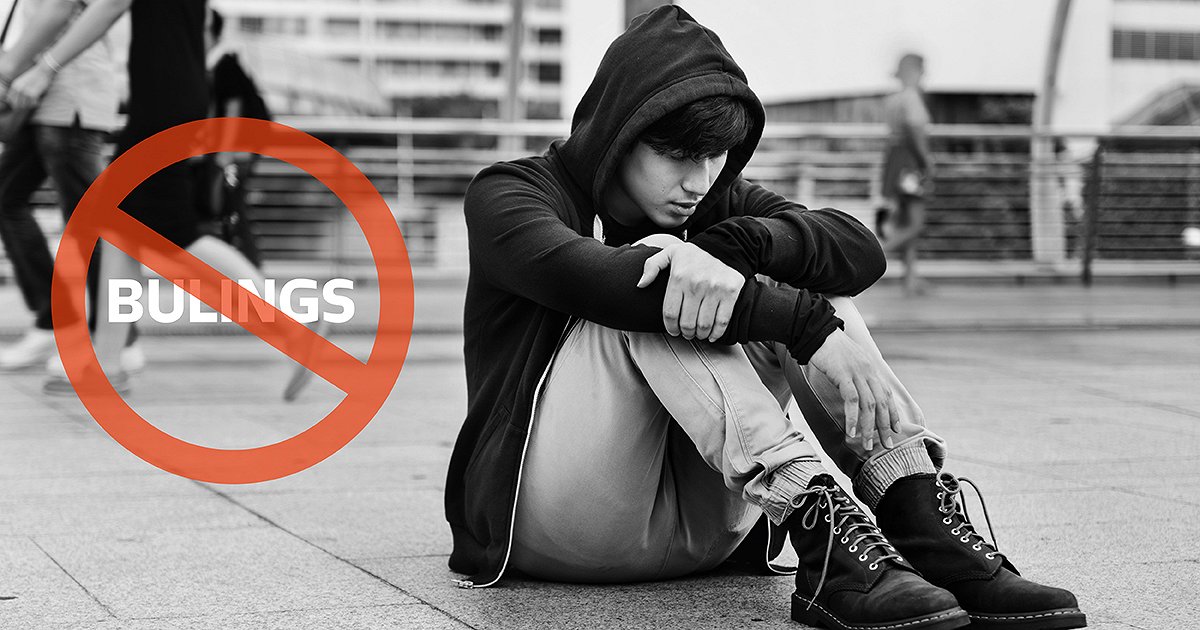Riga Stradiņš University (RSU) collected data from 127 schools in Latvia and concluded that 40.2% of students have encountered bullying at least once in a two month period. In addition, 36.4% of students experienced unpleasant comments or name-calling because of their body shape or sexuality. Similarly, 34% of respondents admitted that they themselves have hurt other children at least once in the past months.
Bullying in the digital environment – cyberbullying – is also widespread. The study revealed that 21.8% of students have become victims of cyberbullying. Children who already experience traditional bullying at school become victims of cyberbullying more often.
The prevalence of bullying varies according to the age of the child, with a higher proportion of perpetrators among boys and younger students. The highest rates of bullying cases – both in the group of victims and as perpetrators – were observed among 2nd grade students, where almost a third of students have been bullied, while approximately a fifth of second graders have bullied others. The lowest prevalence rates of bullying have been observed among 9th grade students.
The "KiVa" bullying prevention program, which has started its work in slightly more than 60 Latvian schools this year, is an attempt to reduce cases of bullying and promote a safe, respectful and supportive school environment, the State Chancellery stated. The methodology of the program envisages working with students from 1st to 9th grade, but special attention is paid to building awareness of bullying in 1st, 4th and 7th grade, where respectful mutual interactions are explained with the help of group discussions, videos, visualization exercises and learning tasks.
"Bullying is an urgent public health problem both in Latvia and in the world, and its successful solution requires the involvement of not only teachers, but the entire society," noted the State Chancellery.
The spread of bullying and other forms of violence is largely related to society's general attitude towards violence, the State Chancellery stated. The results of the survey show that not all students believe that their parents and school staff have a sufficiently negative attitude towards bullying. Only half of the students indicated that bullying is unacceptable to their teachers, but 68% emphasized parents' disapproving attitude towards this behavior. The State Chancellery stated that these results indicate a relatively high tolerance for violence in our society, not only in the school environment.
A slim majority students choose to tell someone about the violence they experienced. The study observed that 56.8% of students have told someone about what they experienced, 58.7% of them talked to their parents, 46.4% to friends and only 28% of students turned to teachers for help or advice.
The research data also reveals that as students get older, the proportion of students who believe that their teachers are not very interested in whether children suffer from bullying or are completely indifferent to it increases. 17.4% of students believe that teachers have minimal or no influence in reducing bullying.
This is the first time such a study has been conducted in Latvia and the "KiVa" intervention program is based on a methodology develped by the University of Turku in Finland.





























